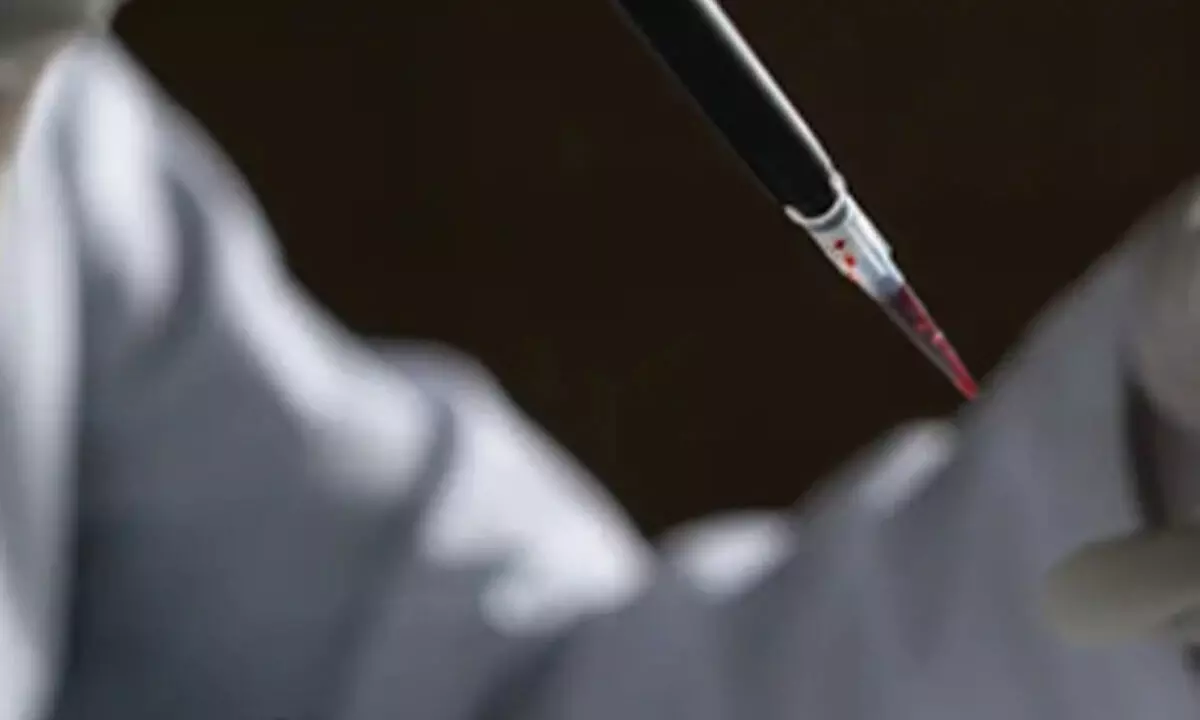Science
India Launches Phase-III of Biomedical Research Career Programme

The Indian government has launched the third phase of the **Biomedical Research Career Programme (BRCP)**, aimed at addressing regional disparities and promoting women scientists in the nation. Announced on Thursday, this initiative will be implemented from **2025-26 to 2030-31**, with an extended service phase lasting until **2037-38**. The **Union Cabinet** approved the initiative earlier this month, highlighting its commitment to inclusivity within the scientific community.
BRCP Phase-III is designed to support scientists at various career stages through fellowships and collaborative grants. The government emphasized that it encourages high-quality, ethical research focused on addressing major public health challenges in India. The programme has a total financial outlay of **Rs 1,500 crore**, with the **Department of Biotechnology** contributing **Rs 1,000 crore** and the **Wellcome Trust** from the UK providing **Rs 500 crore**.
Advancing Inclusivity and Excellence in Research
According to an official statement, the new phase of BRCP is expected to set new benchmarks for biomedical excellence in India. It aims to train over **2,000 students and post-doctoral fellows**, enhance the number of high-impact publications, and facilitate patentable discoveries. Additionally, the programme plans to elevate **25-30 percent** of its collaborative projects to **Technology Readiness Level (TRL-4)**.
A significant aspect of BRCP Phase-III is its commitment to increasing support for women scientists by **10-15 percent**. This initiative seeks to promote greater inclusivity in India’s research ecosystem, aligning directly with the national vision of **Viksit Bharat 2047**, which aims to establish India as a global hub for biomedical innovation and translational research.
The BRCP has previously contributed to the development of affordable diagnostics, including **CRISPR-based kits** and rapid tests for dengue. It has also played a role in creating indigenous vaccines for diseases such as pneumonia, measles-rubella, and Covid-19. These efforts are designed to enhance healthcare accessibility, equity, and self-reliance, positioning India as a leader in biomedical innovation.
Strengthening India’s Research Ecosystem
The government’s initiative is poised to nurture top scientific talent, advance interdisciplinary and translational research, and strengthen the overall research ecosystem in the country. The emphasis on inclusivity, particularly for women scientists, underscores a broader commitment to fostering diverse perspectives in scientific inquiry.
As biomedical research continues to evolve, the BRCP Phase-III reflects a strategic effort to not only address regional disparities but also to empower a new generation of scientists who will contribute to significant advancements in public health. The programme’s focus on ethical and impactful research will be crucial in tackling the pressing health challenges faced by the nation today.
In summary, the BRCP Phase-III represents a significant step forward for India’s scientific community, aiming to create an environment that promotes excellence and inclusivity while addressing vital health issues through innovative research.
-

 World5 months ago
World5 months agoSBI Announces QIP Floor Price at ₹811.05 Per Share
-

 Lifestyle5 months ago
Lifestyle5 months agoCept Unveils ₹3.1 Crore Urban Mobility Plan for Sustainable Growth
-

 Science4 months ago
Science4 months agoNew Blood Group Discovered in South Indian Woman at Rotary Centre
-

 World5 months ago
World5 months agoTorrential Rains Cause Flash Flooding in New York and New Jersey
-

 Top Stories5 months ago
Top Stories5 months agoKonkani Cultural Organisation to Host Pearl Jubilee in Abu Dhabi
-

 Sports4 months ago
Sports4 months agoBroad Advocates for Bowling Change Ahead of Final Test Against India
-

 Science5 months ago
Science5 months agoNothing Headphone 1 Review: A Bold Contender in Audio Design
-

 Top Stories5 months ago
Top Stories5 months agoAir India Crash Investigation Highlights Boeing Fuel Switch Concerns
-

 Business5 months ago
Business5 months agoIndian Stock Market Rebounds: Sensex and Nifty Rise After Four-Day Decline
-

 Sports4 months ago
Sports4 months agoCristian Totti Retires at 19: Pressure of Fame Takes Toll
-

 Politics5 months ago
Politics5 months agoAbandoned Doberman Finds New Home After Journey to Prague
-

 Top Stories5 months ago
Top Stories5 months agoPatna Bank Manager Abhishek Varun Found Dead in Well









